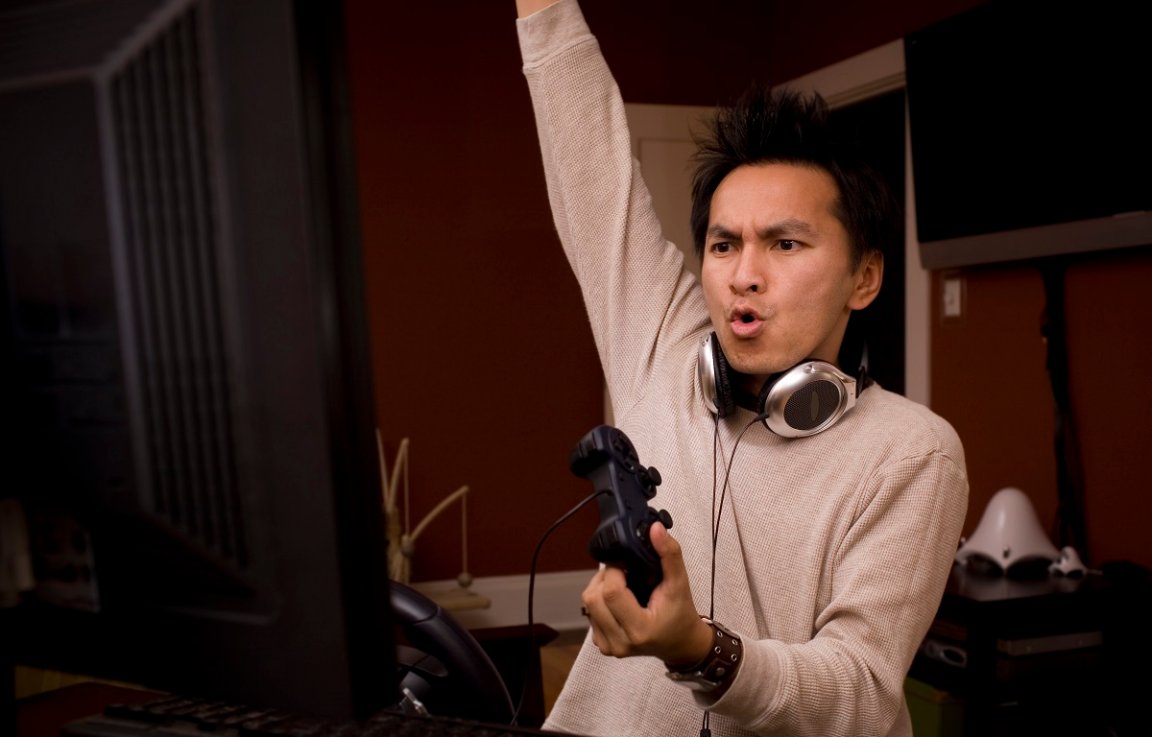
Gone are the days of the gamer as a slovenly neckbeard: a new study suggests that actually, your average video game enjoyer is a pretty healthy person.
The study, published in the journal Computers in Human Behavior, investigated the physical and mental health of 270 Portuguese gamers who reported playing at least seven hours per week in the past month.
In doing so, the researchers hoped to help distinguish between so-called “highly engaged gamers” who play a lot but appear healthy, and those who exhibit problematic gaming patterns. Or, in other words, to find “the difference between intensive gaming and problematic gaming,” the researchers wrote in the study — a touchy and controversial subject.
“Gaming can be a hobby and not all players are addicted to it,” study co-author Joan Cordoso, a clinical psychologist at the University of Maia in Portugal and a self-professed gamer, recently told PsyPost in a joint statement with co-author Catarina Matias.
To gather data, the researchers asked participants between the ages 18 and 60 to answer questionnaires on various lifestyle habits, including physical activity, sleep, and diet. Other questions also gauged their overall mental and physical health.
One interesting tidbit they discovered is that the typical “highly engaged” gamer played an average of 3.5 hours a day — not a small amount by any means, but hardly as excessive as gaming stereotypes would have you believe.
Furthermore, most gamers said they got at least some physical activity through activities like playing sports or lifting weights.
The myth of gamers shoving their faces full of Doritos and slamming down energy drinks? That appears to be a bust too, with most reporting that they didn’t eat while gaming, with overall healthy diets.
Above all, the prevalence of gaming addiction, or a form of it known as Internet Gaming Disorder, was surprisingly low, with less than two percent qualifying based on the questionnaire’s results.
“We were expecting more,” the two researchers told PsyPost. “But most of our participants were non-addictive with a balanced life between gaming and physical activity practice.
Of course, the study has a few notable drawbacks. Chiefly, it surveyed only gamers in Portugal, who experience vastly different health outcomes and ways of living than those in the world’s biggest gaming market, the US. And with 270 participants, the study isn’t especially large, either.
Results wise, the researchers noted that two-thirds of the gamers in the study had poor sleep quality, even if they didn’t play that much. Blue light exposure from gaming may not be the sole driver of this, though. With 60 percent saying they drink coffee, caffeine is just as likely a culprit.
Whatever the answer, the uncertainties highlight the need for more research in the area, as gaming breaking out from being a nerd hobby to a more broad cultural pasttime is a fairly recent phenomenon. And after all, scientists still can’t agree on whether video game addiction technically qualifies as a clinical addiction.
“As I progressed through life, pursuing my master’s degree in clinical psychology, I started researching this topic and discovered that there was so much work to do and much more to learn,” Cardoso said.
More on gaming: Guy Complains Images From Video Game Look Bad, But They’re Real NASA Photos of Mars